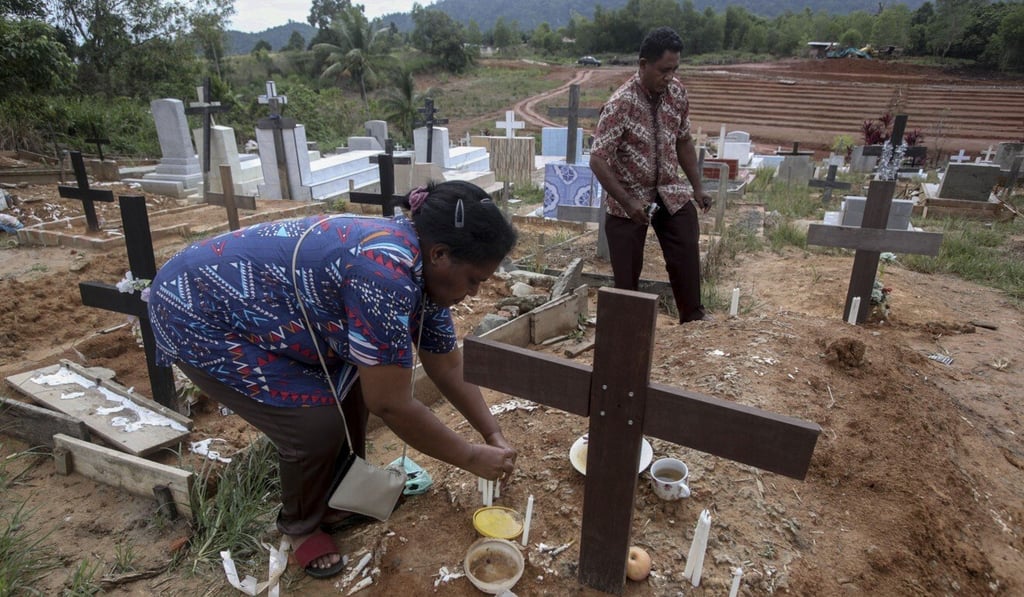Legal expert launches Remedy Project to tackle forced labour in Asia’s supply chains
- Archana Kotecha’s new initiative is aimed at finding speedier solutions that are accessible to the most vulnerable workers
- Her social enterprise is also developing a toolkit that can be used by companies to respond to migrant workers’ grievances

“I went there and it was the first time I understood that there was something called ‘lawyering for a good cause’,” she said. “Using your skills and knowledge to make a difference to someone’s life is indeed something incredible and that got me wanting to do more and more of this work.”
Kotecha moved to Hong Kong about a decade ago and eventually joined the anti-human-trafficking non-profit Liberty Shared. She is now launching the Remedy Project, a new social enterprise that is focused on finding non-judicial remedial solutions – that complement judicial mechanisms – for migrant workers in supply chains across Asia.
“Whichever way I looked at, it led back to the importance of understanding, respecting and protecting rights, and providing remedies when these are not respected,” she said.

“We all know that judicial mechanisms operate with many constraints and challenges, and they offer a form of justice that is still not accessible to some of the most vulnerable. Therefore, I wanted to create a system that would provide at least remedy and relief for workers within their working context.”